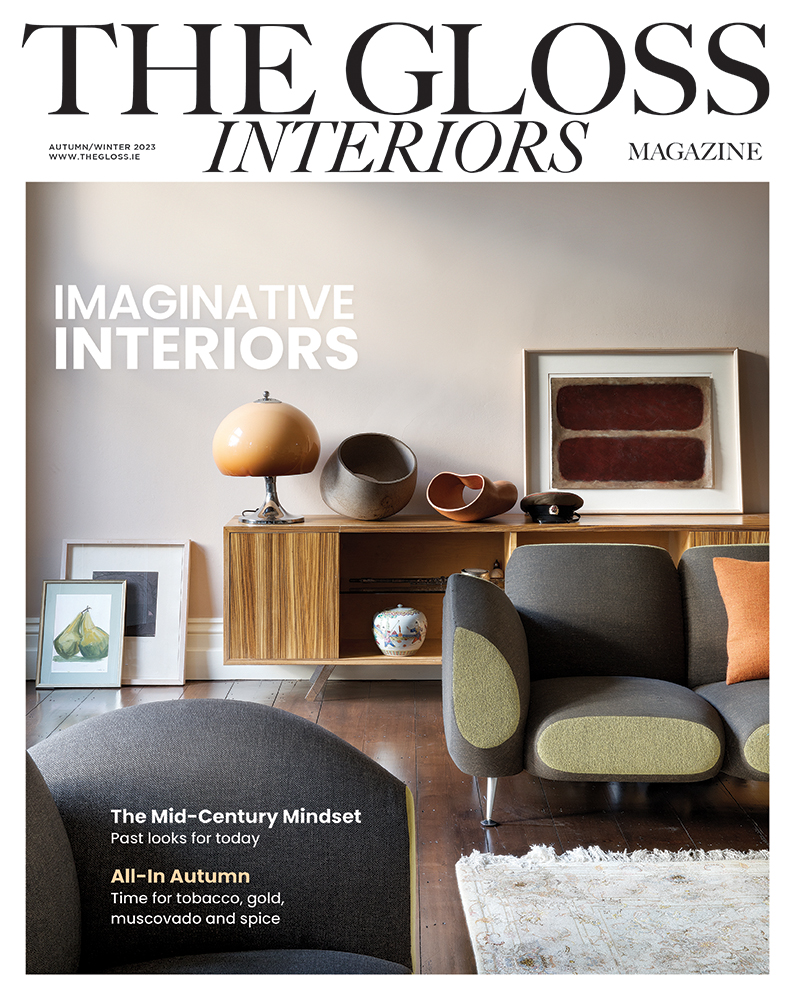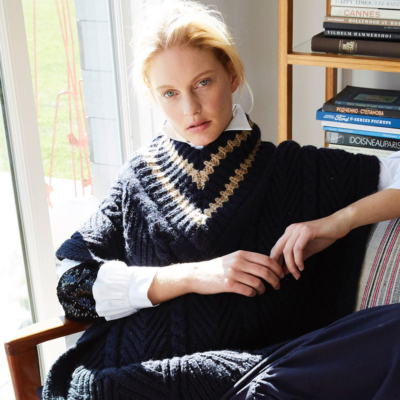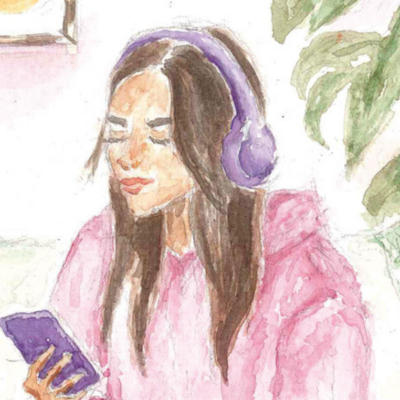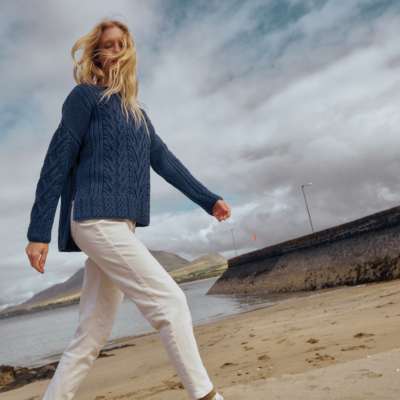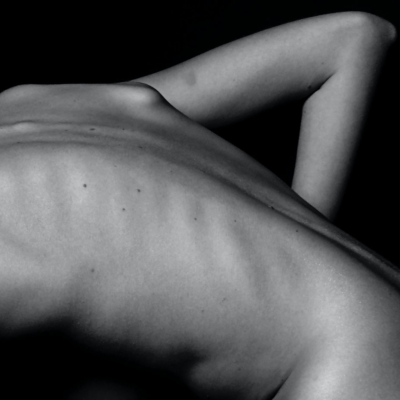The RCSI University of Medicine and Health Sciences has established a new Centre for Positive Psychology and Health. In March, it launched a ten-lecture public programme called the Science of Health and Happiness. In the first week, nearly 16,000 people signed up to take the course. The third lecture in the series focused on the importance of whole person health. Dr Pádraic Dunne explains:
The French philosopher Rene Descartes (1596-1650) introduced the mind-body problem, whereby scientific investigation of the mind were separated from those of the body. This artificial segregation of mind and body predominated scientific and medical research for centuries. In fact, this prevailing theory has only been challenged seriously, since the turn of this millennium. It is now generally accepted that biological, mental, social and environmental health are all required to cultivate whole person health; cultivating one aspect of health above another often leads to dysfunction. In short, the mind and body are not separate, disconnected systems.
This change in perspective is reflected in the development of two novel arms of medicine and health: Lifestyle Medicine and Integrative Medicine. Lifestyle Medicine places the patient at the centre of a collaborative approach to care, with an emphasis on prevention as well as treatment. The six pillars of Lifestyle Medicine include sleep, diet, exercise, relationships, substance control and stress management. Practitioners of Lifestyle Medicine believe that most non-communicable diseases (heart disease, diabetes, mental health issues, lung disease and gastro-intestinal issues) can be prevented by changes in lifestyle, related to the six pillars. Integrative Medicine places a similar emphasis on the importance of the therapeutic alliance between the person and healthcare practitioner; this new arm of medicine includes an evidence-based approach to complementary and alternative treatment modalities that include acupuncture, yoga, culinary and herbal medicine, among others.
Much of what we know about lifestyle-related practices that help us live long and happy lives comes from those of us who live the longest. Over 20 years ago, scientists and National Geographic, investigated five geographical locations where people lived longer than their compatriots from other parts of the same country. In some cases, there were ten times more centenarians (those who live to 100 or older) in these areas, when compared to equivalent regions. These so-called blue zones include Loma Linda (California, US), Okinawa (Japan), Northern Sardinia (Italy), Ikaria (Greece) and the Nicoya peninsula (Costa Rica).
What can we assume about those who live to 100 years and older? They have either found the elixir of life, won the genetic lottery or are engaged in lifestyle practices that keep their immune systems healthy and balanced. Although genetics might play a part, the fact that citizens of the blue zones come from diverse geographical areas and different ethnic groups, indicates that other factors are at play.
So, what have all they got in common? It turns out that lifestyle practices associated with blue zone living include: a predominantly plant-based diet, natural daily movement, a sense of belonging, purpose and meaning, as well as close family and social ties.
Predominantly plant-based diet
You do not have to become vegetarian or vegan – simply reduce your meat and fish intake. Try skipping meat for a few days during the week and enjoy the Sunday roast even more at the weekend. Interestingly, blue zone living is also associated with daily intake of nuts and beans. A handful of nuts each day (if you can tolerate them) will provide you with immune-balancing nutrients such as zinc. Speaking of zinc, you should not really need food supplements with a balanced diet of whole, healthy food. A balanced diet will also help to maintain normal gut flora – bugs that reside in your gut, which contribute greatly to your physical and mental health (check out the Alimentary Pharmabiotic Centre in Cork). The Mediterranean diet is often highlighted as the perfect blue zone diet and while it is very healthy, it might not be suitable or appropriate for us in Ireland. We have access to fresh seasonal food in Ireland than can often rival that of produce grown anywhere else. We might not be able to grow aubergines or ripe vine-tomatoes but we do have plenty of healthy alternatives. For more information on recipes, visit the Australian-based The Good Mood Food hub at www.thegoodmoodfood.com.au. Closer to home, check out recipes by Irish chef and author Domini Kemp. The author and journalist Michael Pollen put it best when he said, “Eat food. Not too much. Mostly plants.”
Natural movement
Inhabitants of the blue zones seem to walk everywhere, regardless of age. They are not usually members of local gyms or exercise classes. Natural movement seems to be the order of the day and includes regular, daily activities such as household chores, tending a small garden, carrying shopping home and taking stairs rather than lifts. Walking really seems to be key, so try to get out at least twice daily for a decent walk. If you can, get a dog; those longing eyes will guilt you into natural movement, no matter the weather. You will have heard this many times but the science shows that exercise is one of the most effective ways to boost mental and physical health and does not have to cost you an arm and a leg.
Cultivating a sense of belonging and meaning
The Japanese call it Ikigai, roughly translated as “the reason why I get up in the morning”. The Austrian Psychiatrist and developer of Logotherapy (psychotherapy through cultivating meaning), Viktor Frankl, saw this first-hand during his horrific experience in the concentration camp, Auschwitz. He noticed that those prisoners, who had something to hold onto, whether it was a physical person, place or an abstract concept, tended to survive longer. We all need purpose and meaning. Part of this involves other people; therefore, cultivating relationships is important for overall health. Ikigai in a career or job context involves combining what we love, with what we are naturally good at (passion). We complete the circle of Ikigai, if this passion provides something that the world needs (vocation) and we get paid for it. You do not have to be Ghandi or Mother Theresa to provide what the world needs; making chairs for a living or being a musician are just two examples of work that contributes to the greater need.
Recommended homework for this week
Go through the pillars of lifestyle medicine and score yourself out of 10 for each practice (sleep, exercise, diet, substance control, stress management and relationships). Be honest with yourself. If you score, less than six in any one area then sit down with pen and paper and make small achievable goals to improve your score.
For more information, visit Harvard University and Bethfrates.com for courses on Lifestyle Medicine and the Andrew Weil Centre for Integrative Medicine based in Arizona State University.
Dan Buettner and the Blue Zone initiative (bluezones.com) have provided some very readable and accessible summaries of the blue zones.
Registration for the RCSI Science of Health and Happiness course is available at https://rcsi.eventsair.com/the-science-of-health-and-happiness/registration/Site/Register.The course is free and consists of one pre-recorded lecture per week. Registration is open until the end of May.
LOVETHEGLOSS.IE?
Sign up to our MAILING LIST now for a roundup of the latest fashion, beauty, interiors and entertaining news from THE GLOSS MAGAZINE’s daily dispatches.

